24/7 Helpline:
(866) 899-221924/7 Helpline:
(866) 899-2219
Learn more about Couples Rehab centers in Yamhill County

Other Insurance Options

UnitedHealth Group

Holman Group

UMR

BHS | Behavioral Health Systems

Amerigroup

Ambetter

PHCS Network

MVP Healthcare

Group Health Incorporated

American Behavioral

Regence

Anthem

Magellan

Excellus

AllWell

BlueCross

Evernorth

Ceridian

United Health Care
Beacon

Yamhill County – Family and Youth Programs
Yamhill County – Family and Youth Programs is a public rehab located in Mcminnville, Oregon. Yamhill...

Hazelden Betty Ford
Hazel Betty Ford Foundation's drug and alcohol rehab programs for men and women combine evidence-bas...

Yamhill County Family and Youth Program
Yamhill County Family and Youth Program is a private rehab located in Mcminnville, Oregon. Yamhill C...

Mission Harbor Behavioral Health
Mission Harbor Behavioral Health is a private rehab located in Mcminnville, Oregon. Mission Harbor B...

Volunteer Behavioral Health – Cheer Mental Health Center
Volunteer Behavioral Health – Cheer Mental Health Center is a co-occurring mental health and addicti...
















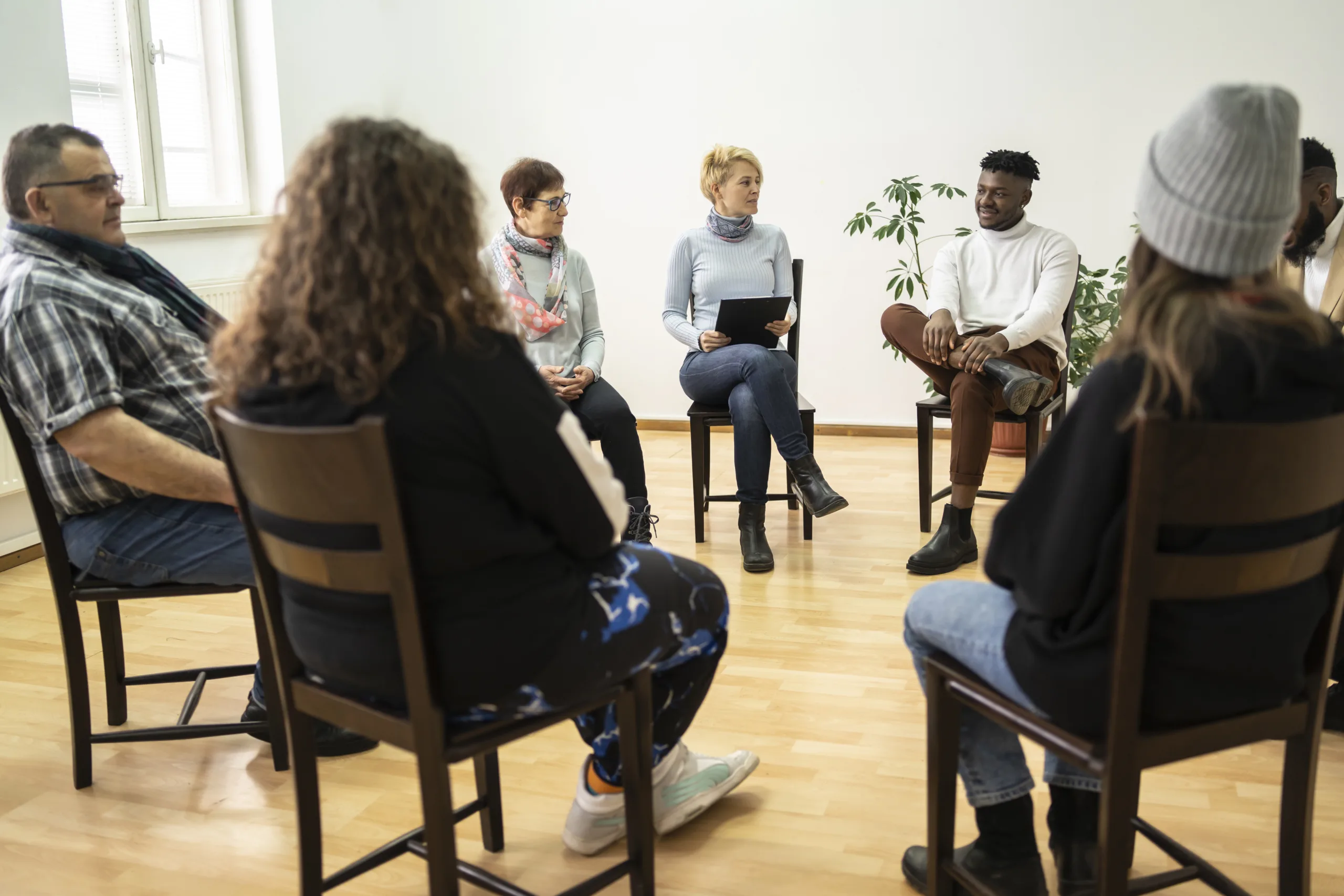












































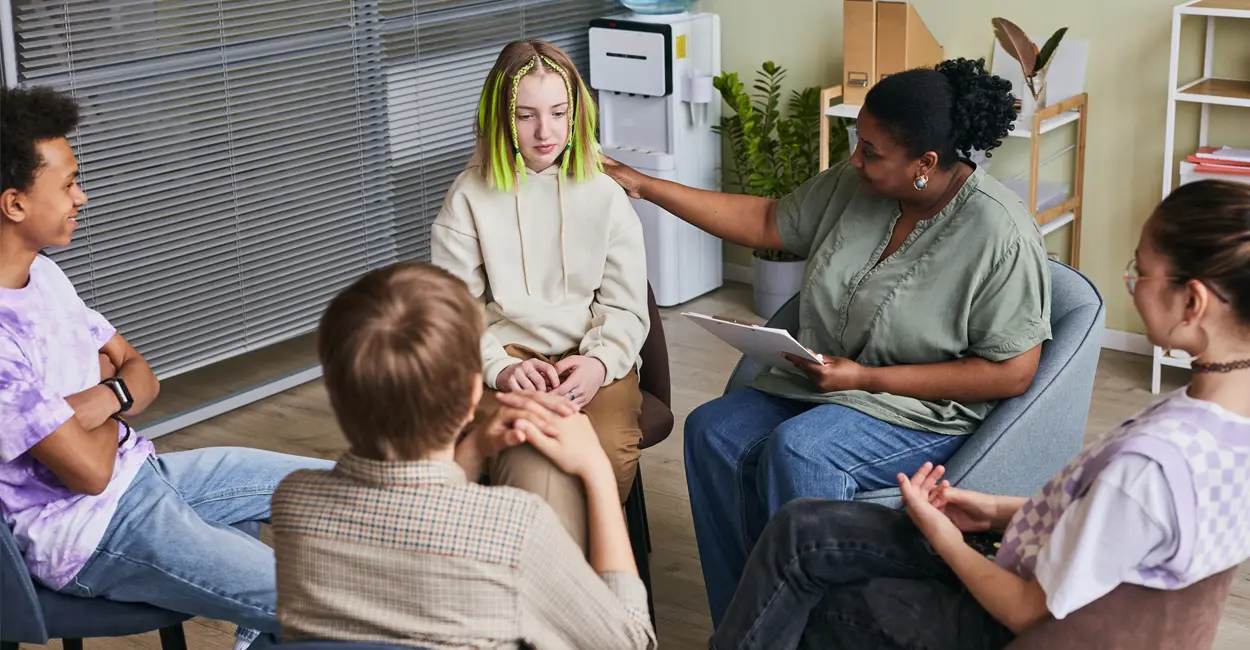
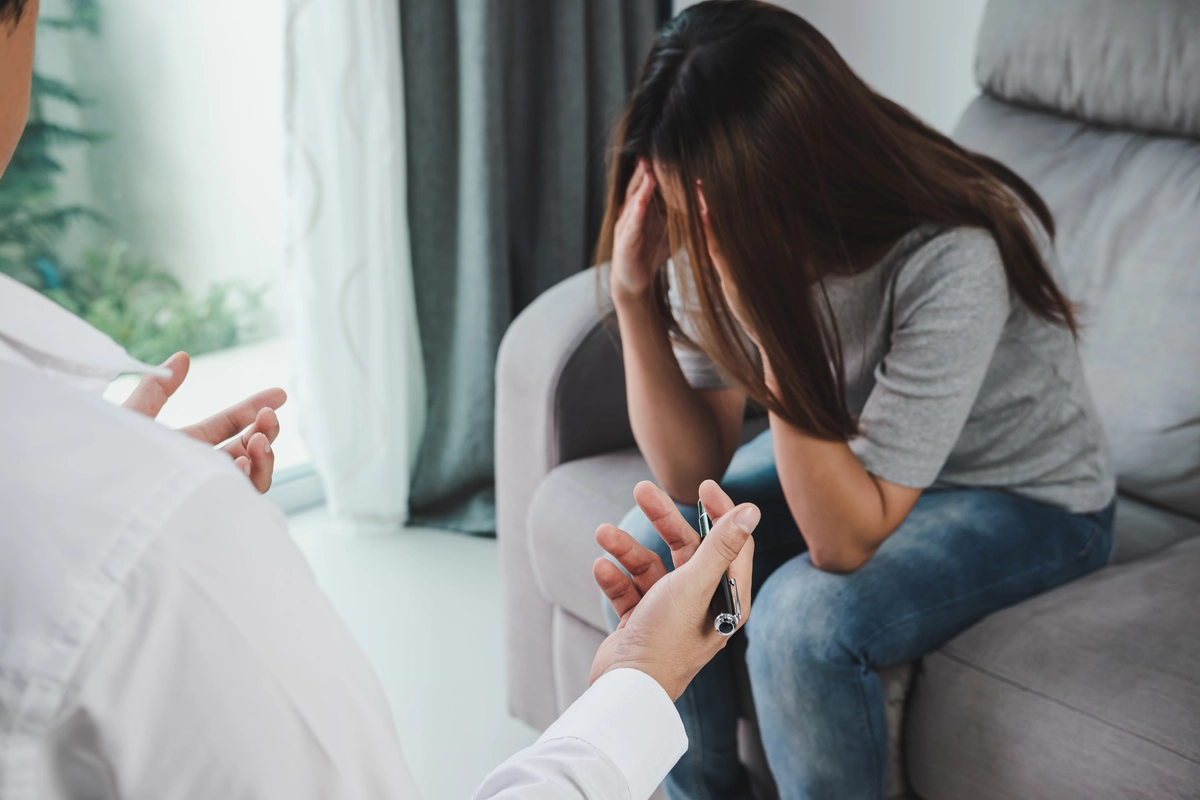
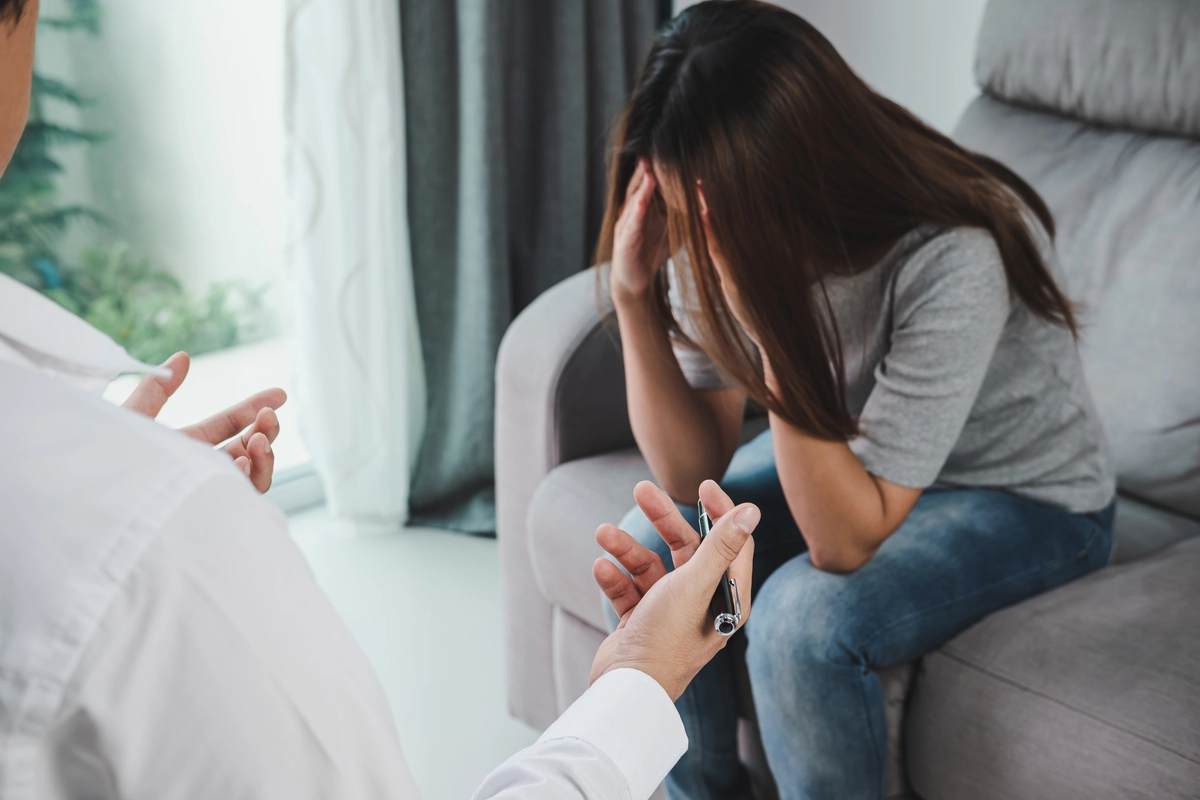






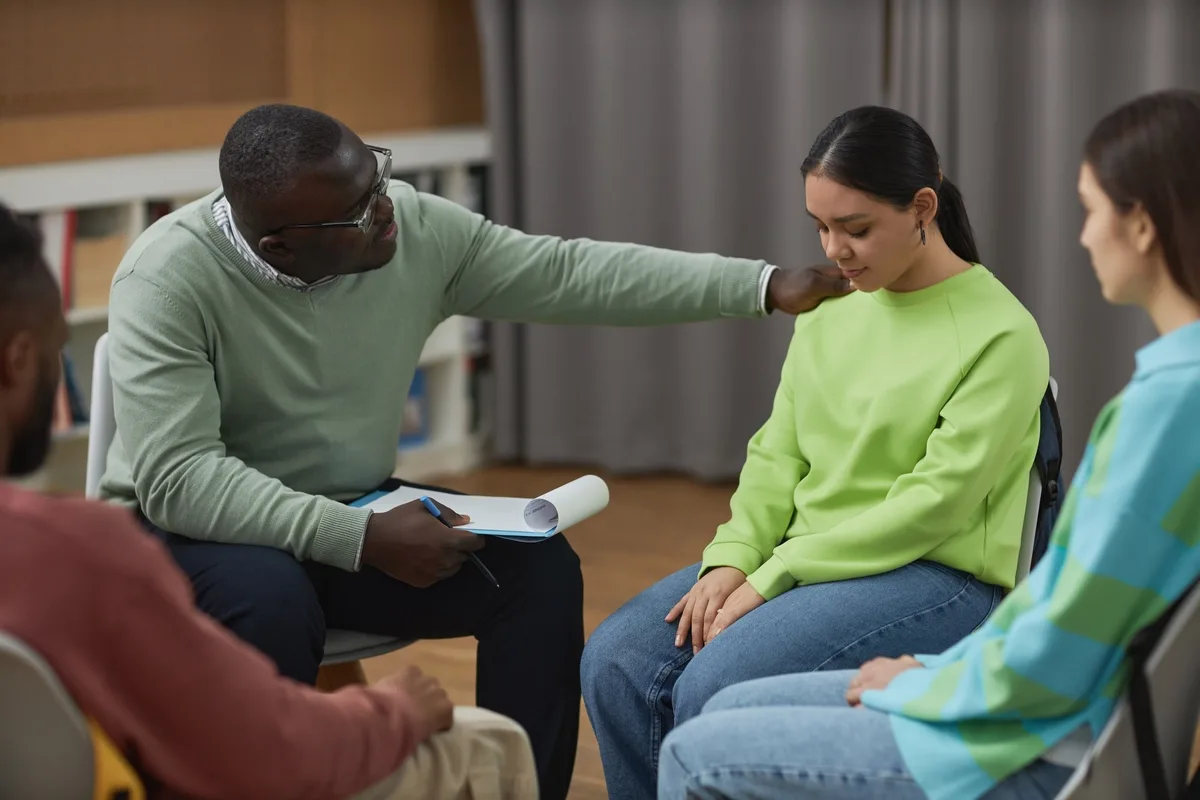




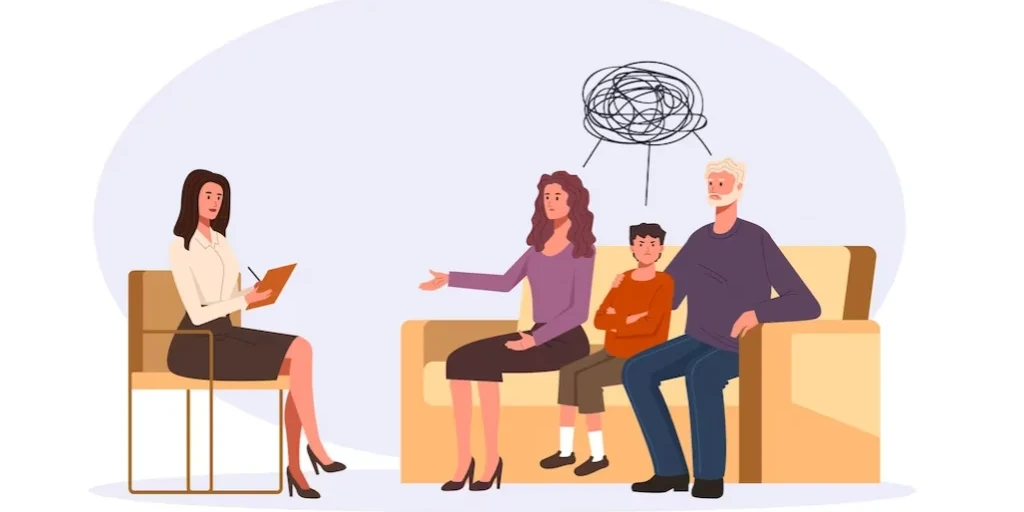
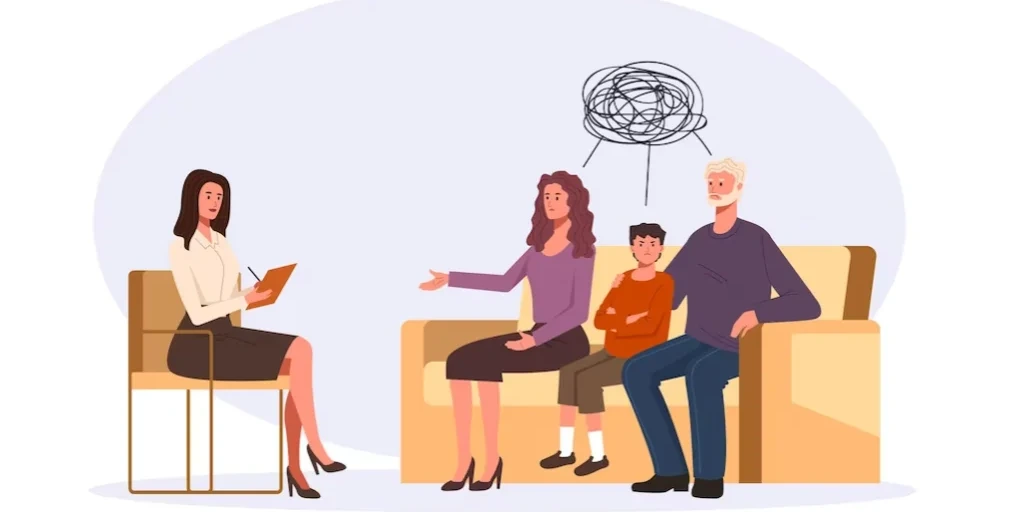
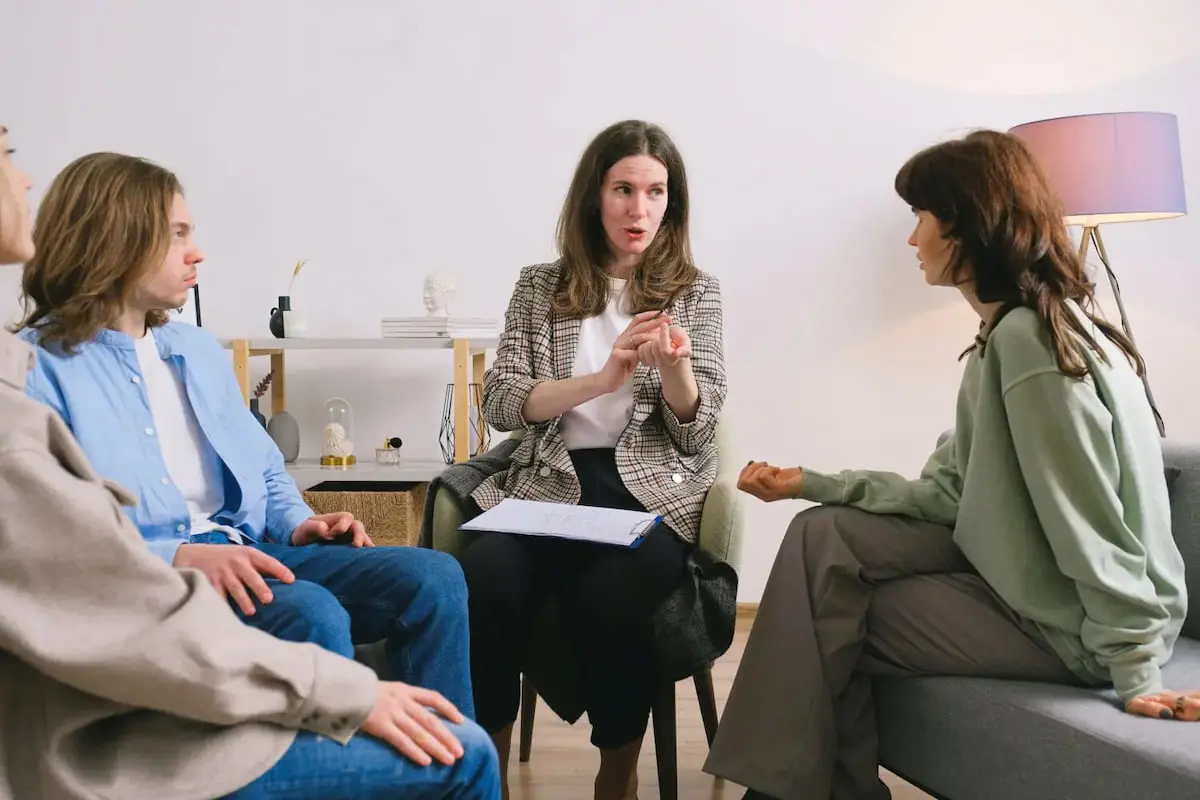









Chemical Dependency Program
Chemical Dependency Program is a public rehab located in Mcminnville, Oregon. Chemical Dependency Pr...

First Step Adolescent Center
First Step Adolescent Center is a private rehab located in Newberg, Oregon. First Step Adolescent Ce...

Lutheran Community Services – Yamhill County Office
Lutheran Community Services – Yamhill County Office is a private rehab located in Mcminnville, Orego...

Chehalem Youth and Family Services
Chehalem Youth and Family Services is a private rehab located in Newberg, Oregon. Chehalem Youth and...

Health and Human Services Adult Behavioral Health
Health and Human Services Adult Behavioral Health is a public rehab located in Mcminnville, Oregon. ...

Better Choices Counseling Services
Better Choices Counseling Services is a private rehab located in Mcminnville, Oregon. Better Choices...

Sutter – Yuba County Behavioral Health Services
Sutter – Yuba County Behavioral Health Services is a private rehab located in Mcminnville, Oregon. S...





























